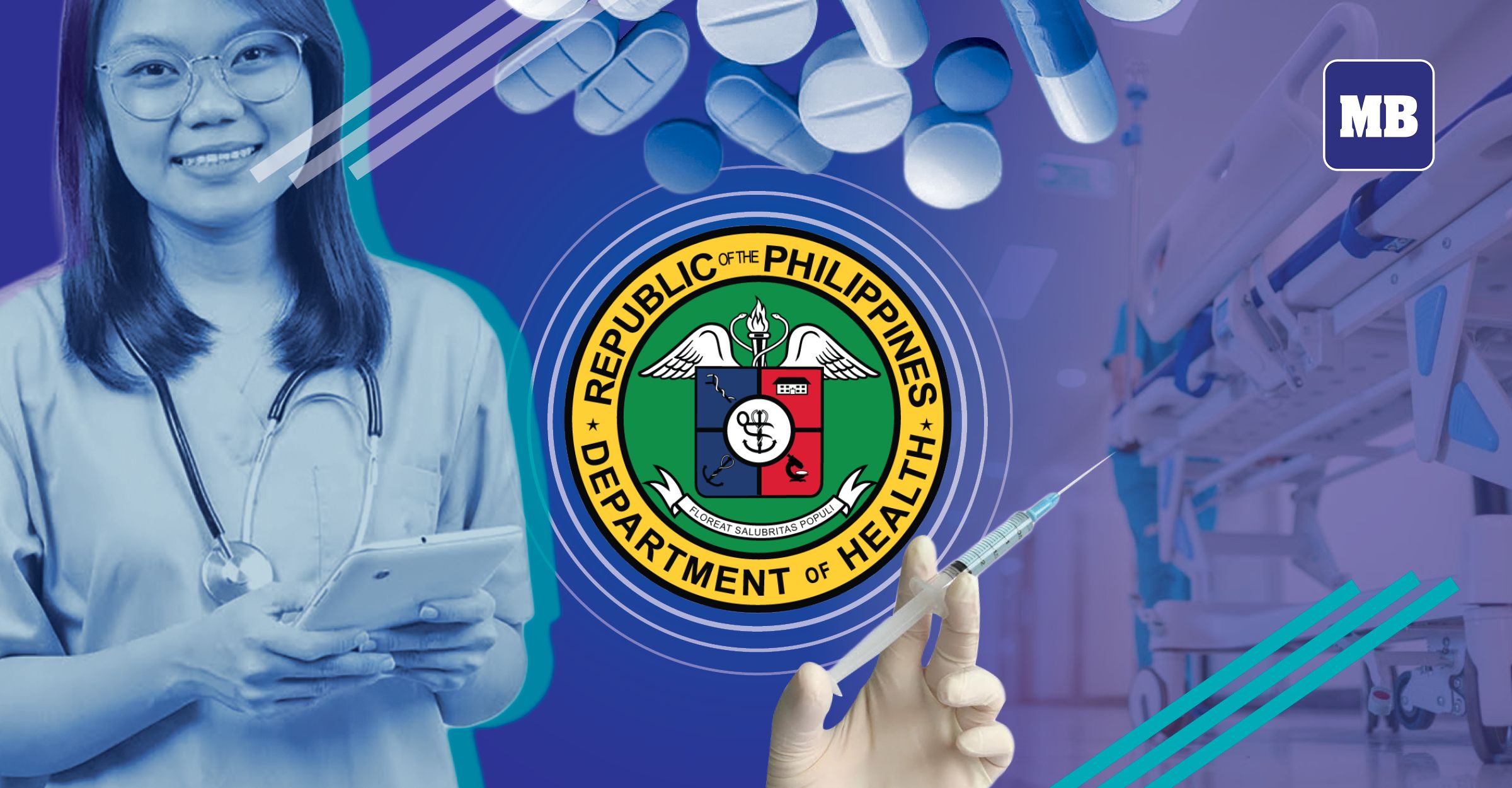The Department of Health (DOH) on Wednesday, Jan. 29, welcomed the proposed amendments to the Universal Health Care (UHC) Act.

“We look forward to seeing this measure become law soon,” DOH Secretary Teodoro J. Herbosa said in a statement.
With strong support from the DOH, the House of Representatives passed on second reading on Jan. 28 House Bill (HB) No. 11357, which contains a series of proposed amendments to the nearly six-year-old Republic Act No. 11223, or the UHC Act.
A Legislative Executive Development Advisory Council (LEDAC) priority measure, its counterpart Senate measure, Senate Bill (SB) 2620, was already passed by the upper chamber on third and final reading in August 2024.
Known as the “Act Strengthening the Philippine Healthcare System to Achieve Efficiency and Equity, and to Improve Public Health Emergency Preparedness,” HB 11357 was authored and sponsored by Committee on Health Chair Rep. Ciriaco B. Gato Jr., (Lone District of Batanes), along with 67 other co-authors.
It consolidates 26 House bills filed on the same subject. Acting Committee on Appropriations Chair Rep. Stella Luz A. Quimbo, (Second District, Marikina City), introduced 13 individual amendments to the measure on the floor, all of which were accepted by the sponsor and the majority.
Key features
The DOH highlighted several key features of the proposed amendments to the UHC Act, including: adjusted PhilHealth premium contribution rates for all members, government and employer-funded premiums for migrant workers, changes in administrative expenses and Special Health Funds, and creation of a new UHC Coordinating Council.
Under the proposed law, the premium contribution rate for all PhilHealth members will be set at 3.5 percent, down from the current 5 percent. The rate will then be adjusted annually based on actuarial studies, which will be reviewed by an independent, non-government body and approved by Congress during the budget process.
Additionally, migrant workers—both land- and sea-based—will no longer have to pay any premiums. Instead, their employers will shoulder 50 percent of their contributions, while the national government will cover the rest.
The proposed law also revises PhilHealth’s administrative expense limit. Currently, administrative expenses—including salaries—are capped at 7.5 percent of total premium collections. Under the amendments, this will be changed to 7.5 percent of total benefit payments from the previous year.
Moreover, component cities and municipalities will be allowed to establish and/or maintain their own Special Health Funds, with guidelines to be developed by the DOH in consultation with the Department of Budget and Management (DBM) and the newly created UHC Coordinating Council (UHC-CC).
To accelerate the implementation of UHC at both national and local levels, the proposed amendments will establish a UHC Coordinating Council composed of existing officials, co-chaired by the Secretary of Health and the Secretary of the Interior and Local Government.
Herbosa expressed gratitude to President Marcos for his “broad national perspective,” which he said is rooted in local government implementation.
“This is what inspires the DOH as we actively support both the House of Representatives and the Senate in improving the UHC Act,” Herbosa added.
He also highlighted an amendment introduced by Quimbo, which will require PhilHealth to compute its budget and salaries based not on how much it collects, but on how much it will pay in benefits.